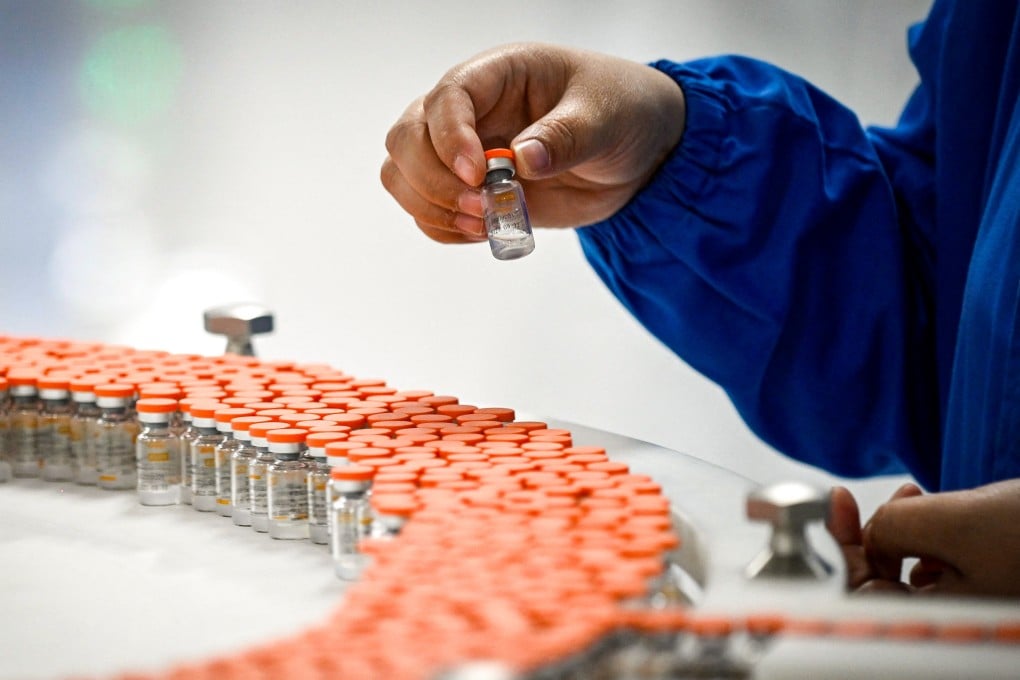Sinovac hits back over reported US campaign to discredit China’s Covid-19 vaccine
- Chinese pharmaceutical company says Pentagon’s social media attack targeting its coronavirus jabs could lead to ‘enormous disaster’

A Reuters investigation published on Friday found that in the summer of 2020, 300 accounts were created on Twitter, now known as X, that disparaged the quality of Chinese face masks, test kits and the Sinovac vaccine – the first Covid-19 jab to become available in the Philippines.
According to the report, tweets from the accounts typically featured the hashtag #Chinaangvirus, which means “China is the virus” in Tagalog.
“Stigmatising vaccination will lead to a series of consequences, such as a lower inoculation rate, the outbreak and spread of disease, social panic and insecurity, as well as crises of confidence in science and public health,” Sinovac spokeswoman Yuan Youwei told Chinese media.
She said that Sinovac’s corporate goal is to provide vaccines that can eradicate viruses and contribute to the health of people.
“Currently we have overcome Covid, but the world is still not in peace,” Yuan added.
